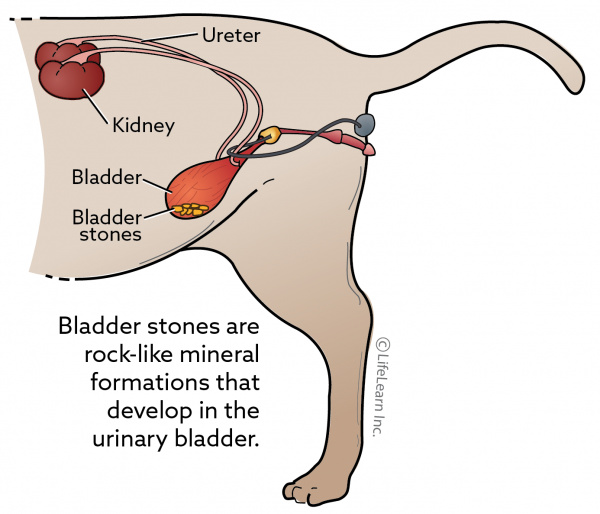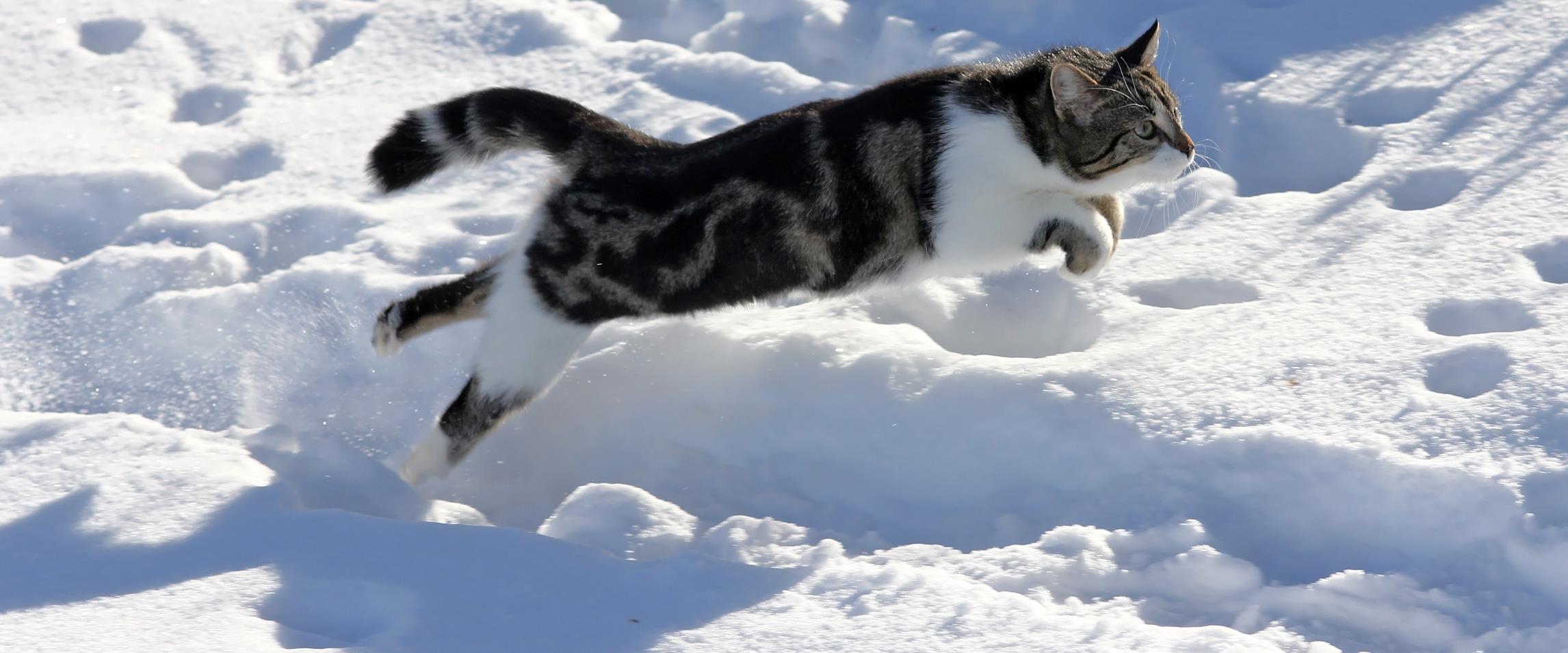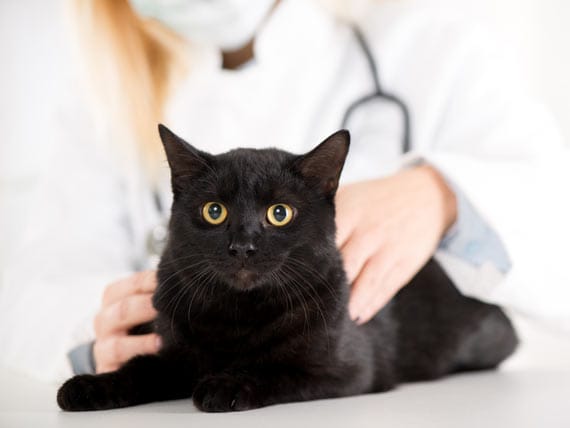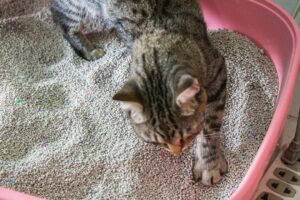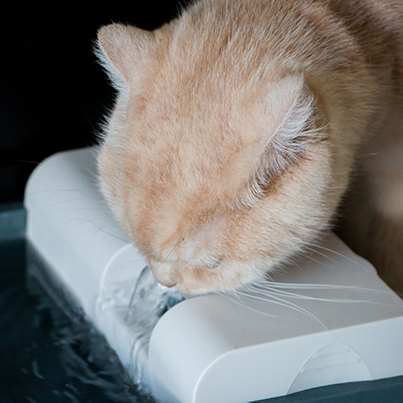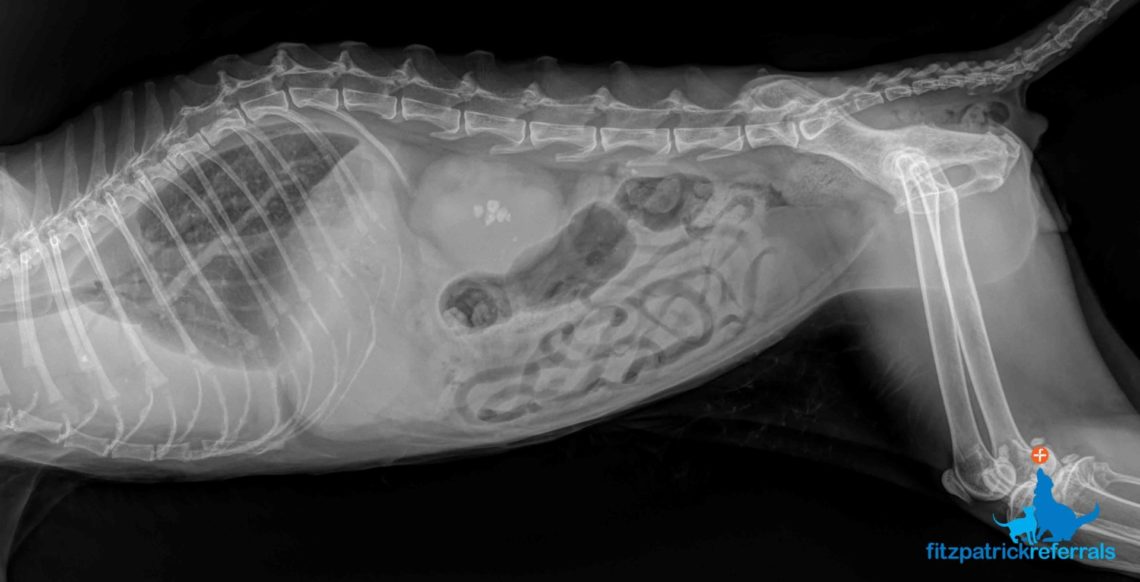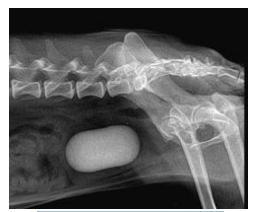Types Of Bladder Stones In Cats

Cats of any breed and age may be affected by bladder stones which come in a variety of shapes and sizes.
Types of bladder stones in cats. There are several types of minerals that form stones under different conditions in a cat s urinary tract. Bladder stones can create infections just as infections can create bladder stones. Some types of diets used to control struvite stones may contribute to the formation of calcium oxalate stones. Types of bladder stones in dogs and cats struvite stones struvites contain magnesium ammonium and phosphate and are most frequently found in small breed females.
Bladder stones can also lead to blockage of the urethra and can interfere with a cat s ability to urinate. Stones which are found in the bladder are more commonly found in the lower urinary tract. The size of the stones can also increase over time and cause a blockage to form which can lead to irreversible damage to the kidneys and in severe cases where there is a complete blockage the bladder can rupture and this is fatal. Urine is collected for culture and analysis.
Are bladder stones dangerous for cats. However larger stones in the lower urinary tract may interfere with urination or irritate the lining of the urethra. Struvite uroliths almost always form in the bladder when large amounts of crystals are present in combination with a urinary tract infection from urease producing bacteria such as. The bladder is exposed and lifted out through the incision.
If left untreated the stones may irritate the urinary tract causing bleeding and can also block the flow of urine leading to irreversible kidney damage and death. The surgical removal of stones within the bladder is done through a cystotomy incision into the bladder. The most common signs of bladder stones in the cat are blood in the urine and straining to urinate. The minerals may be of different types and it is important to detect the composition of the stones so as to find the best course of treatment.
Cats with very tiny stones in the urinary system do not usually have any signs. Bladder stones are rock like formations of minerals that develop in the urinary bladder. Which not only causes partial or complete obstruction in the tract but also may cause feline lower urinary tract disease and intractable difficult to cure bacterial infection calcium oxalate stones are the primary type of bladder stones particularly in cats. With the cat under anesthesia and lying on his back an incision is made through the abdominal wall in front of the pelvis.
The most common type is struvite which accounts for 50 of stones other types include calcium oxalate ammonium urate calcium ammonium phosphate urate cystine and compound stones which. In males small stones. Also known as uroliths or calculi bladder stones are rock like deposits in the urinary bladder the cause of bladder stones is concentrations of certain minerals in the urine. What are bladder stones.
